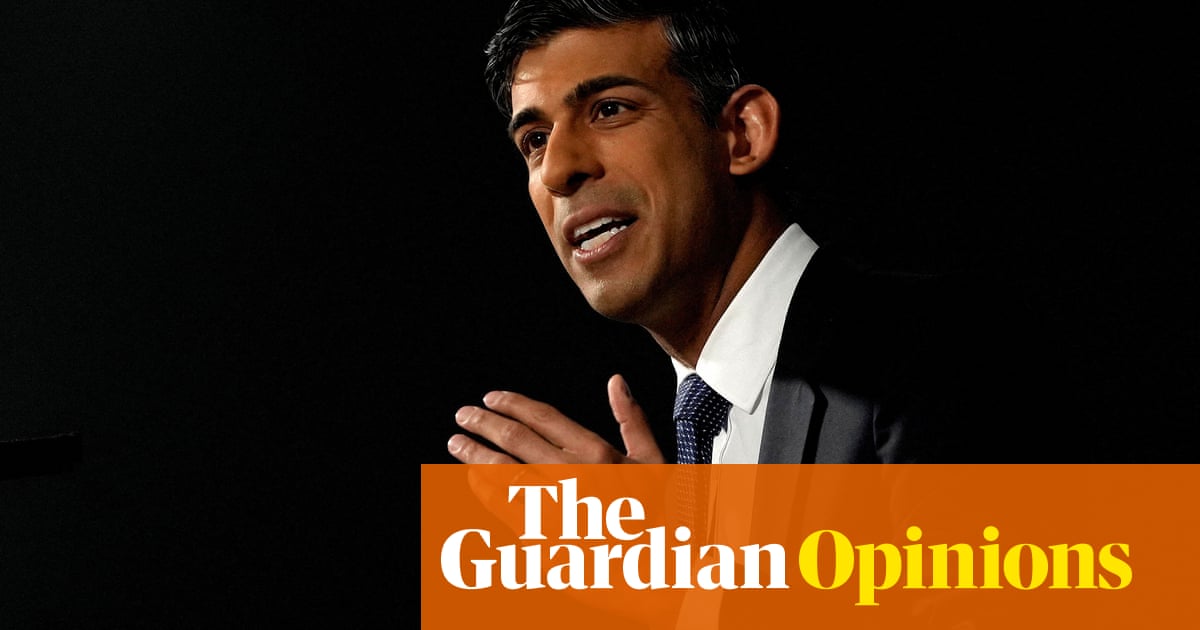
World financial markets, with few exceptions, have defied gravity since the COVID-19 pandemic hit in earnest in March, but there is increasingly a feeling that “something has to give,” especially in equity markets.
Over the next couple of weeks, the biggest companies in the world will report their earnings figures for the second quarter of 2020, which for many will be the worst period in their history.
Share markets have yet to react to that prospect. The S&P 500 index — the bellwether of American corporate health — has recovered from almost all of the damage it suffered in March, when the first lockdowns caused a collapse in share prices of around 30 percent.
The fact the US market has recovered is a tribute to the massive and swift intervention of its financial policymakers, who injected trillions of dollars into the system. Other big economies followed suit to varying degrees.
The G20 recently reported that around $10 trillion had been deployed as economic relief during the pandemic.
But even that huge level of support will be tested over the coming weeks and months. Earnings season will be the first challenge.
Professional investors traditionally assess share valuations by a mechanism called the P/E ratio, in which the “P” stands for price and the “E” for earnings. The lower the ratio, the better value shares are. For most of the past 5 years, the ratio has averaged around 17 times, which many experts regarded as quite high historically.
Now, it is at 22 times.
When the “E” factor falls, the ratio rises, meaning shares are expensive and over-valued, and should be sold. A “correction” usually follows.
In the next couple of weeks, the earnings factor will fall by the biggest amount since the 2008 global financial crisis. The professionals are forecasting that earnings — profits — will collapse by around 50 percent in the second quarter of the year. The energy sector — hit by falling demand and low prices — will be among the worst affected, but virtually all the big sectors, such as industrial, consumer, and real estate, will see a significant decline. Only health care and utilities will avoid the carnage, analysts predict.
It looks inevitable that there will be some kind of market correction ahead.
Frank Kane
The other thing that professional investors look for in the earnings announcements is “guidance” — some idea of how the future profitability profile is looking. With so much uncertainty in the world, there is little real consensus about the future. There are unlikely to be any positive statements that will bolster share prices.
The basic investment calculations on their own should tell us that a big fall in share prices is overdue, even without factoring in other macro-economic trends that can affect shares.
The biggest of these is the fear that the pandemic is by no means over, and that big economies around the world will be forced back into varying degrees of lockdown again to deal with fresh COVID-19 outbreaks.
This would completely dash any hopes of a sharp V-shaped recovery this year. Many economists have already given up on this prospect anyway, but the pessimism will become more widespread if there was a big resurgence of the disease in the US, or in India, or other big economies that have had only partial success in dealing with the first wave.
The picture is not entirely bleak. Global policymakers still have ammunition in reserve to fire off in the event of a sharp drop in financial markets. The US is considering another multi-trillion-dollar intervention, while the Europeans are in talks over a smaller but still significant virus recovery fund.
In the Middle East, because of a tighter fiscal regime mainly due to falling oil revenue, there is less scope for big intervention. But the big GCC economies have easy access to international capital markets to borrow their way through any financial crisis, and also have the untapped resources of their sovereign wealth funds, if they chose to use them.
It looks inevitable that there will be some kind of market correction ahead. The policymakers’ response will determine how far prices will fall.
• Frank Kane is an award-winning business journalist based in Dubai. Twitter: @frankkanedubai
Disclaimer: Views expressed by writers in this section are their own and do not necessarily reflect Arab News" point-of-view












